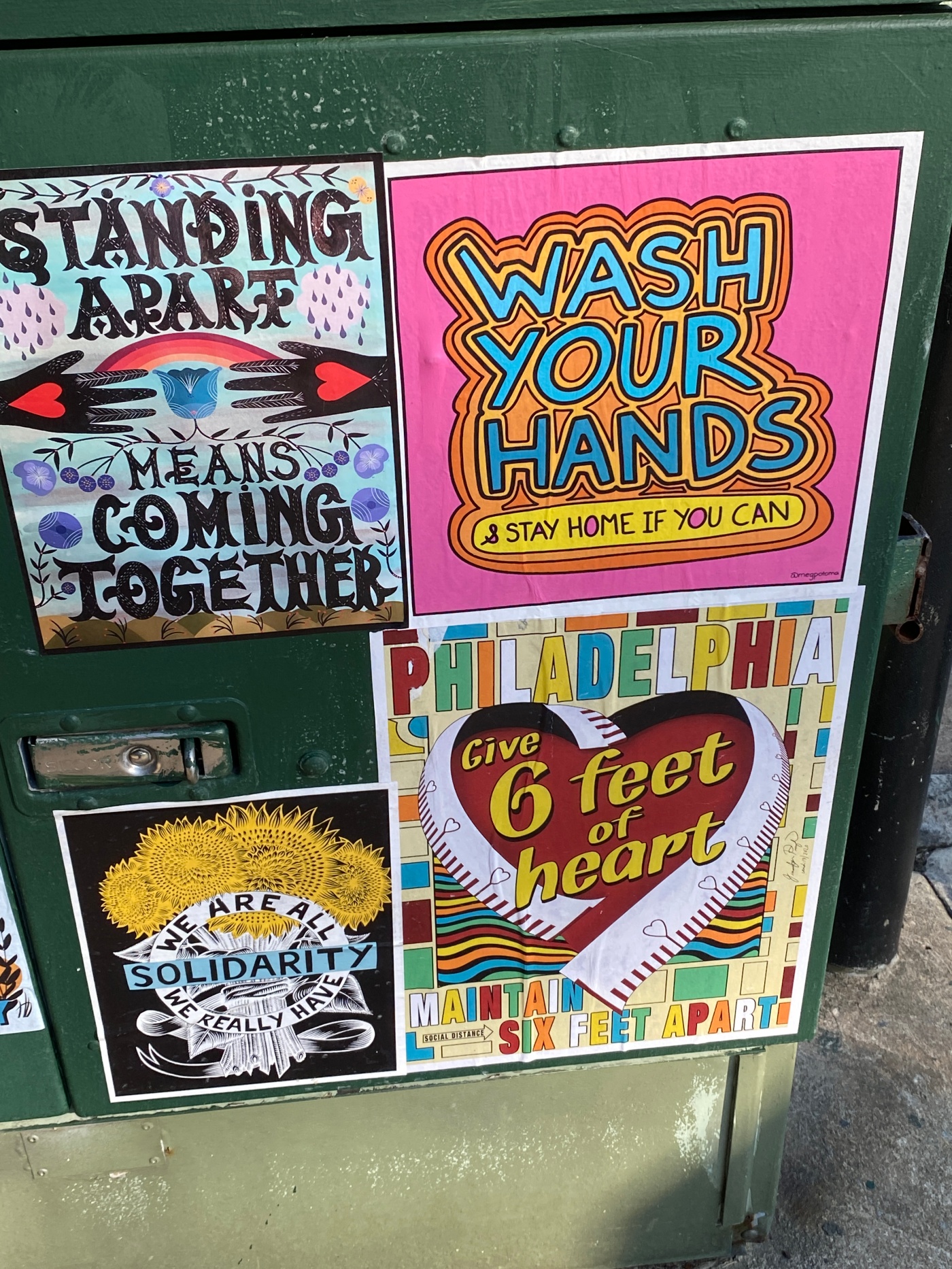Oral histories are snapshots of a period of time – but they are usually taken months, years, decades after the event. This is a project for the University of Delaware, recording how the pandemic has affected people’s lives during the event itself. This is just a draft until we can move it over to the UD library site.
Pandemic Photos: How Does The Pandemic Show Up In Your Life?









The goal is to hear from a large, diverse group – ages, location, occupations, incomes, race, gender and experience. I reached out to people through social media, through friends of friends. I emailed some people directly who I thought would have particularly compelling stories, such a doctor on a Navajo reservation.
Here’s how it works: Once we agree on a time, I send some sample topics to discuss, but the person being interviewed leads the discussion. It generally takes about an hour to 90 minutes. Consent for public publication is given at the top of each video or audio file, and there is also a transcript provided.
Here are three unedited examples,
- Larry Benjamin, communications director at the Mazzoni Center in Philadelphia jokes about how he prepared for sheltering in place (so much wine), but also talks seriously about how COVID-19 reminds him of the beginning of the AIDS crisis. You didn’t know who had it, or how you could get it, and people were dying from it.
- Judith Schechter, a stained-glass artist with works in museums around the world, talks about the depression she felt after COVID-19 shut down her first retrospective showing. She also talks about learning to teach online and why she’s bailing out her clogged bathtub because she’s afraid to call the plumber.
- Charles Warner is a lieutenant in the Army. He’s stationed in Florida, but his little boy is in Maryland. He talks about the challenges of being a father so far away, and how he’s been trying to fill his time – even mowing designs into the lawn as a challenge.
The goal is to collect 1,000 voices. I’ve had several people tell me that they were probably boring, and I promise you they were not! Examples included a beer distributor, a highway worker, a woman who lost her job in the travel industry and a mental health counselor.
If you are interested in being interviewed, or feel there’s a voice who should be included, please contact me at dfallik@gmail.com

